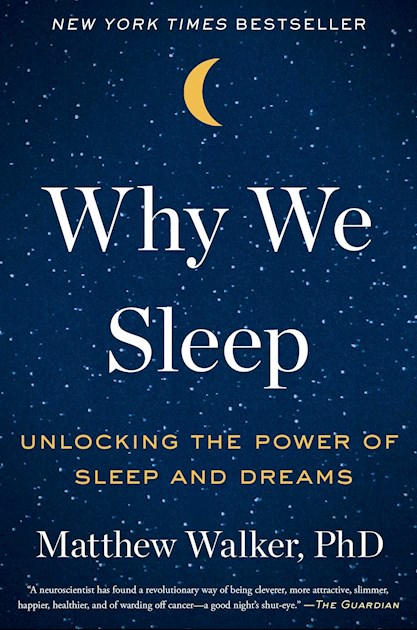The following is an excerpt from the podcast show notes from the Dr. Peter Attia Drive Podcast released April 17th, 2019.
podcastnotes.org/2019/04/17...
"Cardiovascular Disease is Accelerated by Sleep Deprivation
Let’s look at daylight savings time:
- In the spring (when we lose an hour of sleep) – there’s a 24% rise in heart attacks the following day;
- In the fall (when we gain an hour of sleep) – there’s a 21% reduction in heart attacks the following day;
Related:
The same profile happens for car accidents and suicide attempts/completions:
- Federal judges actually hand out harsher sentences during daylight savings time in the spring when we lose an hour of sleep (they’re moodier and less empathetic);
- In the fall – more lenient sentences;
One study found that getting an average of 5 hours of sleep or less over a 5 year period leads to a 200-300% increased risk for calcification of the coronary artery
Why?
People who are under-slept have overactive sympathetic nervous systems (the flight or fight nervous system);
This results in more circulating adrenaline, higher spikes of cortisol, and blunted levels of growth hormone (all of which are tied to cardiovascular disease);
A loss of only 3 hours of sleep will result in:
- An increase in blood pressure;
- An increase in heart rate;
Sleep and Diet
Building off the increased risk for cardiovascular disease from a lack of sleep, also consider that people who are sleep deprived tend to eat more junk food – which only adds to their risk for cardiovascular disease;
“The single greatest tool in my arsenal to eat well is to sleep well” – Peter Attia
AND people who are sleep deprived will have out-of-whack insulin/glucose levels (they have hyperinsulinemia) – only worsening the problem;
One study found that for people who were under-slept (<6 hours/night of sleep) on a weight loss diet, 70% of the weight loss came from lean muscle mass and not fat
“Your body will ruthlessly hold onto its fat when you are underslept”
-----------------------------------------
Therefore, part of the prescription for lifestyle modification to reduce the risk of cardiovascular disease and the biomarkers associated with that risk, is to engage in optimal sleep hygiene that includes 8.5 to 9 hours in bed, in order to get 8 hours of actual sleep.
Sleep sufficiency is also tied to mental acuity and athletic performance - note that Lebron James as well as Roger Federer are reported to sleep a full 12 hours per day.
Good luck to all.
